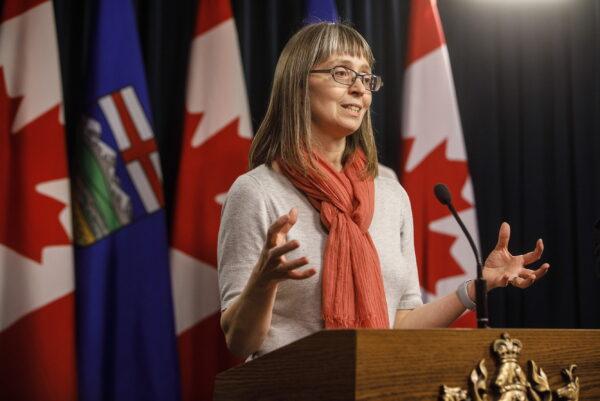A man who co-authored a book on government responses to the COVID-19 pandemic said he is not surprised about the recent controversy over Dr. Deena Hinshaw in Alberta.
Hinshaw was chief medical officer of health for the province through the pandemic, but was replaced in the fall of 2022, after Premier Danielle Smith came to power.





